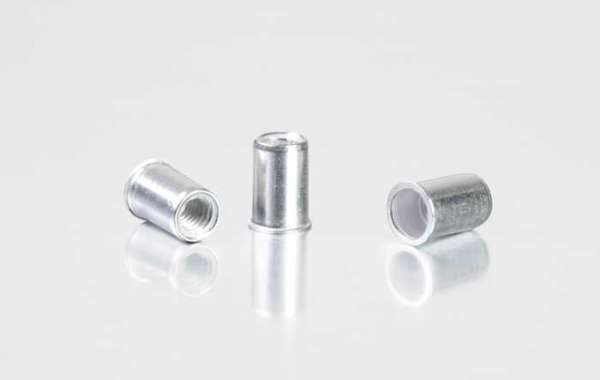Rivet nuts can also be called blind rivet nuts, which are suitable for various pipes and other manufacturing industries and metal sheet fastening fields. At present, they are widely used in the assembly of aviation, elevators, decoration, furniture, railways, electromechanical and light industrial products.
The purpose is usually developed for the shortcomings of thin metal plates, other nuts during welding, easy deformation during welding, thread slippage, etc., it does not require threads, does not require welding nuts, and the efficiency of riveting is greatly improved, and it is used in daily life. convenient.
The types of HAINING R-BEST HARDWARE CO.. LTD. rivet nuts are: flat head, small head, hexagonal, and half-hexagonal rivet nuts; those with through holes, blind holes, knurled and no knurled.
What are the uses of rivet nuts:
1. Rivet nuts are widely used in the assembly of electromechanical and light industrial products such as automobiles, aviation, railways, refrigeration, elevators, switches, instruments, furniture, decorations, etc.
2. If the nut of a certain product needs to be installed on the outside, and the space inside is small, it is impossible to let the indenter of the riveting machine enter for the pressure riveting and the method of sprouting and other methods cannot meet the strength requirements, then pressure riveting and expansion riveting are not allowed. Row. Blind riveting must be used. It is suitable for the fastening field of various thickness plates and pipes (0.5MM-6MM). The use of pneumatic or manual riveting guns can be rivetted at one time, which is convenient and firm; it replaces the traditional welding nut to make up for the shortcomings of thin metal plate, thin tube welding, and welding nuts are not smooth.
For more information about Threaded Rivet Nuts, please continue to follow us.






